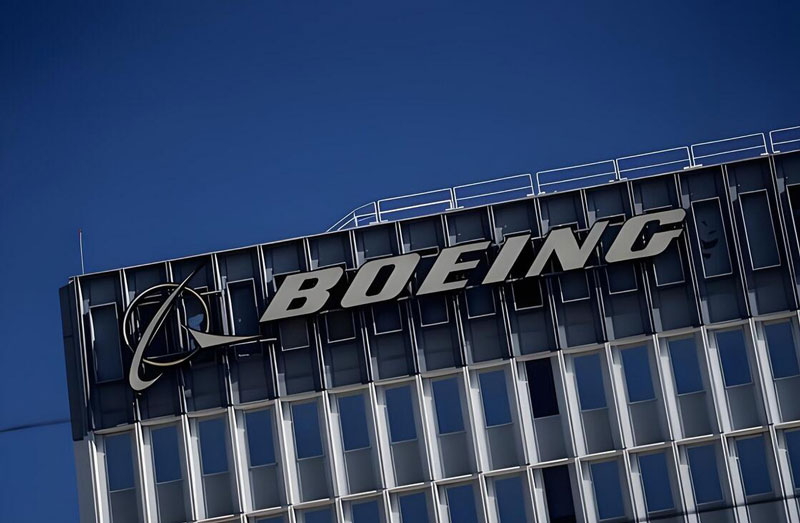According to the US “Wall Street Journal” reported on October 25 local time, the US Boeing company is considering selling part of its space business to improve the company’s strained financial situation. The decision follows the arrival of new CEO Kelly Ortberg in response to multiple challenges facing the company, including large losses and production issues.
Boeing’s financial situation is grim. The company recently reported a net loss of $6.174 billion for the third quarter, largely due to ongoing strikes and safety issues with the 737 MAX. Adding to the company’s woes, Boeing’s Starliner program also suffered technical glitches that left two astronauts stranded on the International Space Station (ISS) for months.
Among the businesses being considered for sale could be the Starliner and its related programs to support the International Space Station, but it is not expected to include NASA’s Space Launch System (SLS) rocket. “We’re better off doing less and doing better than doing more and not doing well,” Otterberg said on an earnings call. He stressed that Boeing’s core business will remain focused on commercial aircraft and defense systems.
Boeing is also in talks with Jeff Bezos’ Blue Origin about a possible partnership or acquisition. The potential sale decision could end Boeing’s long history in space exploration, having worked on major projects ranging from the Apollo program to the International Space Station.
Boeing’s Financial Woes
Starting from the Boeing 737 MAX crash incident, this is undoubtedly the key factor that has brought heavy losses to Boeing. The crash of two 737 MAX passenger jets has sent tremors through the global aviation industry. After the grounding order, Boeing not only faced the high cost of repairing and improving the aircraft, but also dealt with numerous cancellations and delayed deliveries. The airlines’ trust in Boeing was greatly damaged, and Boeing had to pay huge compensation to the airlines. The compensation, which covers airline losses during the grounding period and compensation for the uncertainty of future operations, is staggering. Moreover, during the grounding period, Boeing still needs to maintain 737 MAX production facilities and related research and development work, which further increases costs. It is estimated that the 737 MAX incident has caused tens of billions of dollars in cumulative losses for Boeing, directly cutting off an important flow of funds for Boeing’s commercial aircraft business.
At the same time, Boeing also faces challenges in the defense business. Increased global military competition has intensified the competition for defense projects, and Boeing is gradually losing ground to rivals such as Lockheed Martin. Failed bids for some key defense projects have wiped out Boeing’s expected revenue. Moreover, the cost control of the defense business itself is also facing difficulties, and the phenomenon of over-budget in the research and development and production process occurs from time to time, constantly eating into the company’s profits.
Looking at the global economic environment, the impact of economic fluctuations on the aviation industry can not be underestimated. Airlines have cut back on new aircraft purchases as people travel less during the economic downturn. Boeing’s commercial aircraft orders have fallen sharply, forcing production plans to adjust. The reduction of production scale makes the unit production cost rise and the production efficiency decrease. In addition, external factors such as international trade frictions have also increased Boeing’s operating costs, and raw material imports have been restricted and prices have risen, further worsening the company’s financial situation.
For Boeing itself, the sale of the space business is a major transformation. A successful sale would ease financial pressure, but it would also mean forgoing growth opportunities in the space business. Boeing needs to start again in the civil aircraft and defense business, strengthen innovation and market expansion, and rebuild the brand image.
For the industrial chain, The sale of Boeing’s space business will have ripple effects. Upstream suppliers may face reduced orders and need to find new markets. Downstream customers, such as telecommunications companies, may need to re-evaluate satellite suppliers and adjust business partnerships. In addition, the cooperation projects between relevant scientific research institutions and educational institutions and Boeing may be affected, and the trend of talent training and scientific research also needs to be adjusted accordingly, and the entire industrial chain will be reshuffled in this change.












